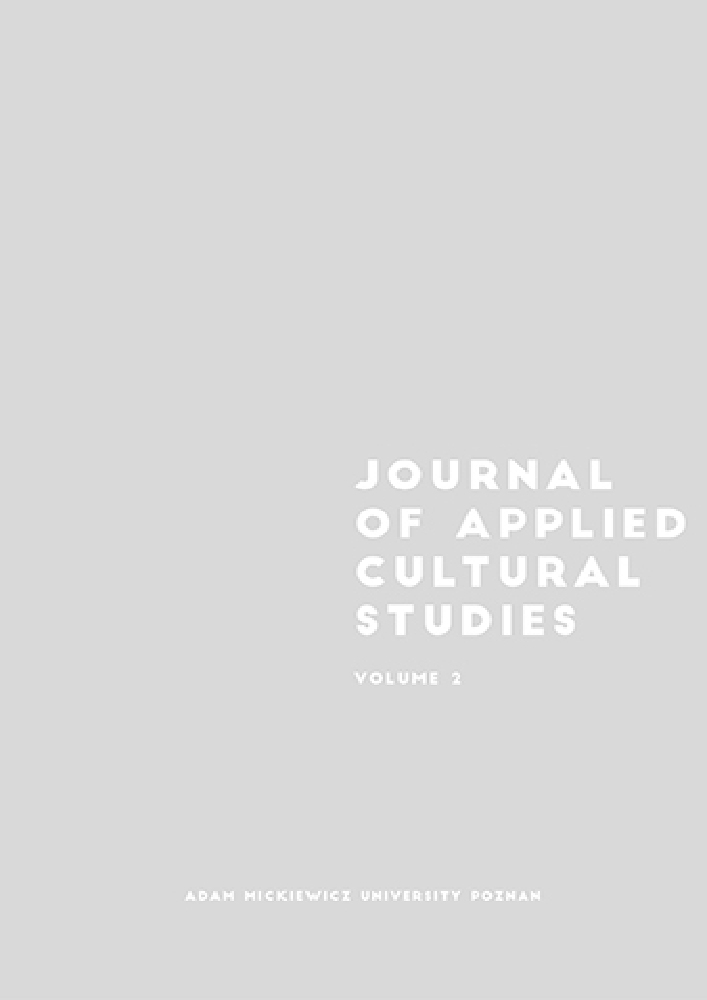Abstract
The aim of the study is to evaluate the concept of culture in the face of social heterogeneity. Focusing on the distinction between homogeneity and heterogeneity on the example of musical culture the author focuses on four questions. Does the concept of culture in its theoretical formulation mean that it necessarily crosses the border of the formal set-theory ontology and leads to the multiplying of the entities? Are there acceptable criteria for differentiating the cultural aspect of human affairs from other aspects? Can the practice of distinguishing the less or more unified wholes called cultures be justified when confronted with the irreducible complexity and heterogeneity of social life? Is the concept of culture, though useful for the analysis of non European and past European societies, still operative for the analysis of contemporary societies?
References
Davidson D., Radical Interpretation, “Dialectica” 1973, vol. 27.
Geertz C., Thick Description: Toward an Interpretive Theory of Culture, in The Interpretation of Cultures: Selected Essays, New York 1973.
Kmita J., Jak słowa łączą się ze światem. Studium krytyczne neopragmatyzmu, Poznań 1995.
Korsyn K., Decentring Music: A Critique of Contemporary Musical Research, Oxford New York, 2003.
Quine W. O., Word and Object, London 2013.
Rabinow P., Marking Time: On the Anthropology of the Contemporary, New York 2008.
Taruskin R., The Oxford History of Western Music, vol.1, Oxford 2010.
Walser R., Eruptions: heavy metal appropriations of classical virtuosity, in The Subcultures Reader, eds. K. Gelder, S. Thornton, London 1997.
